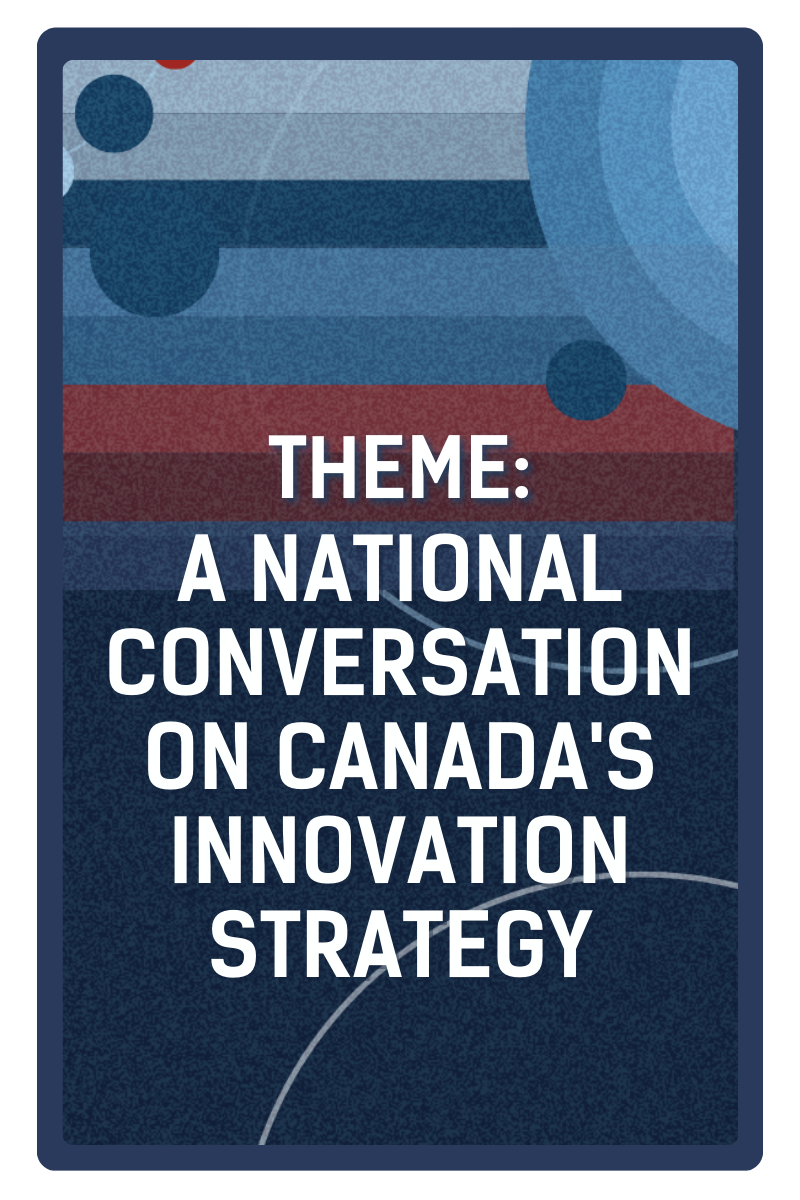Canada’s Path to Net Zero
Canada remains among the lower performing countries in emissions mitigation as ranked by the Climate Change Performance Index. The Canadian government has committed to achieving net-zero emissions by 2050 and proposed several plans, guidelines, and legislative measures towards this goal.
The CSPC Editorial Committee cordially invites editorials from all stakeholders, including representatives from industry, academia, government, and not-for-profit organizations, among others to respond to, comment on, and discuss paths forward to reach net-zero emissions. We especially encourage submissions from industry, as well as communities most susceptible to climate change, including from Indigenous communities and Canadian youth.
Editorials will be published on the CSPC website on a rolling basis as we receive them until May 31, 2024. Guidelines for submitting an editorial are available below.
[i] https://ccpi.org/country/can/
[ii] https://www.canada.ca/en/services/environment/weather/climatechange/climate-plan/net-zero-emissions-2050.html
Theme 2: A National Conversation on Canada’s Innovation Strategy
The CSPC has launched a national conversation on Canada’s long-term innovation strategy to engage industry leaders and experts in discussions on how to reverse Canada’s declining innovation performance.
Senior executives of industry associations, experts, and thought leaders from the Canadian innovation community, federal/provincial/territorial/municipal governments, innovation networks and academia are invited to submit opinion pieces that explore:
- Emerging trends that are critical for the future of innovation in key industrial sectors
- How an innovation strategy could be designed to adapt to future trends, and
- Priorities for the strategy to ensure long-term success
- Other topics relevant to improving Canada’s innovation performance
The National Conversation on Canada’s Innovation Strategy will focus on (but not be limited to) these key industrial sectors:
- Advanced Manufacturing (chemical, auto, aerospace, plastics, steel, paper and others)
- Agriculture & Agrifood (crop/livestock production, food processing and others)
- Health and Biosciences (pharmaceuticals, medical devices, therapeutics, diagnostics, public health)
- Digital and High Tech industries (ICT, artificial intelligence, quantum technologies and others)
- Natural Resources (mining, forestry, fisheries, oil/gas, renewable energy)
- Clean Tech (energy storage & infrastructure, transportation, water/wastewater, chemistry & materials, recycling & waste and others)
The deadline for submissions is September 20, 2024.
Theme 3 (July): ChatGPT and AI-driven Natural Language Processing: Policies, Regulation, Ethics, and Prospects
The natural language processing tool ChatGPT is one of the fastest growing internet applications (100M users within 2 months of launch), with people across the globe leveraging its generative capabilities for various tasks and decision-making across many technology, science, and business sectors. The impact of such models on human society will likely be filled with many opportunities and challenges over the next few years in this AI-driven digital age.




